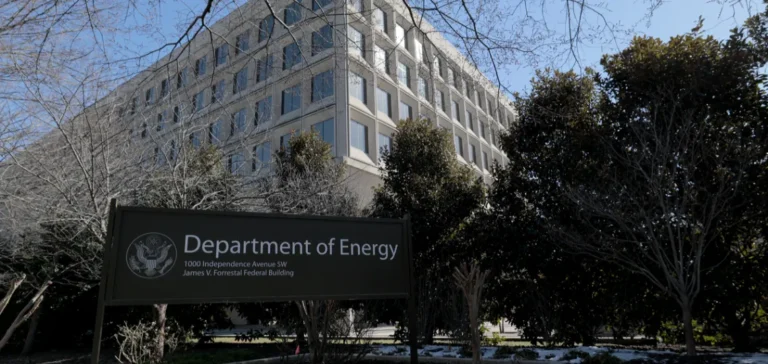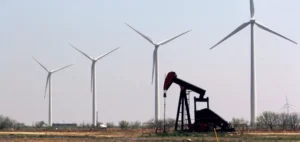The Energy Information Administration (EIA), an independent agency under the United States federal government, has delayed the release of several major energy reports following a significant drop in staffing. Approximately 30% of its personnel have left the agency since the beginning of President Donald Trump’s second term, disrupting the flow of data on oil, natural gas, coal, biofuels and solar energy.
An annual report on uranium purchases and prices, usually published each June since 1996, has been postponed to September. Similarly, the monthly report on biofuels production capacity and feedstocks, initially scheduled for release on 29 August with June data, has also been deferred to the following month, according to an EIA official.
Delays in solar data publication
EIA has not published a monthly report on photovoltaic modules since last December. In an official notice released today, the agency proposed permanently cancelling the publication. The last version of the report showed that solar module shipments had reached a peak wattage of 33GW in 2023, six times higher than in 2013, while the price per peak watt had been halved.
In its statement, the agency cited a reallocation of resources due to the loss of qualified staff. “EIA has determined that the value of the data collected by this survey no longer exceeds the burden of collecting and publishing it,” the agency said.
Impacts on markets and energy stakeholders
EIA reports are widely used by oil and gas producers, utilities, regulators, traders and analysts to guide strategic and financial decisions. The interruption or delay of these publications could affect visibility across key market segments, particularly in renewables and fossil fuels.
Despite the disruption, the agency insists it will not compromise on statistical standards. “We remain committed to producing reliable data, and we will not publish any information that fails to meet those standards,” said an EIA spokesperson.






















